Hurtigruten Group Receives Best ESG Ranking of a Cruise Company by Leading Research Provider Sustainalytics
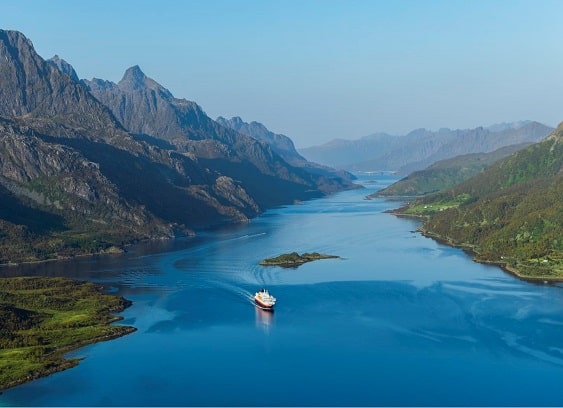
By earning the lowest Risk Rating, Hurtigruten Group leads the cruise industry in ESG management, placing fourth in the “Travel, Lodging and Amusement” subindustry category
Hurtigruten Group AS (“HRG” or the “Company”) has received an industry-leading ESG Risk Rating of 19.7 (Low) following an assessment by Morningstar Sustainalytics, an ESG research, ratings and data firm. With ratings categorized across five risk levels, Hurtigruten Group is the only cruise company to be awarded a Low ESG Risk Rating and ranks fourth (out of 127 companies) in the “Travel, Lodging and Amusement” subindustry category. The rating from Morningstar Sustainalytics reflects the low risk of the Company experiencing material financial impacts from ESG factors.
“This rating is a result of our company-wide focus on emissions, nature, community and people,” said Daniel Skjeldam, CEO of Hurtigruten Group. “We have made significant strides over the past year, investing 66 million euros in emissions reduction. Our pioneering Green Bond, issued in 2022, has enabled us to finance ongoing environmental upgrades, including converting our fifth battery hybrid-powered ship. Simultaneously, we strengthened governance with executive compensation linked to ESG targets, a new whistleblower policy and improved supply chain control, emphasizing local procurement.”
In its latest ESG rating report, Morningstar Sustainalytics stated: “The company [Hurtigruten Group] is at low risk of experiencing material financial impacts from ESG factors, due to its medium exposure and strong management of material ESG issues. The company is not publicly held, which reduces its corporate governance risk compared to its peers. Although the company has a moderate level of controversies, its favourable risk assessment is primarily due to its above average policies and programmes.”
“This rating is a quantitative method to assess our ESG efforts and a valuable tool to scrutinize how we execute on our ESG strategy through programmes and policies across the entire business,” explained Skjeldam. Hurtigruten Group – consisting of Hurtigruten Norway, Hurtigruten Expeditions, and Hurtigruten Svalbard – seeks to change the industry’s approach to sustainability. Hurtigruten Group was the first cruise line to ban heavy fuel oil (2009) and single-use plastics (2018). In 2019, Hurtigruten Expeditions added the world’s first battery hybrid-powered cruise ship and has since added two.
In 2022, Hurtigruten Norway converted its first battery hybrid-powered ship, with one more joining the fleet in 2023 and a third planned for 2024. The conversions are part of a 100-million-euro green upgrade that will reduce CO2 and NOx emissions by 25% and 80%, concurrently. Moreover, this June, Hurtigruten Norway’s first-of-kind Sea Zero initiative revealed early concept plans for the world’s most energy-efficient cruise ship.
“In addition, our Svalbard operations have made considerable progress in reducing their impact, deploying two electric tour boats and eight electric snowmobiles. We are working towards becoming cleaner, greener, and quieter,” added Skjeldam.
The Group released its 2022 ESG Report in May, advocating for increased transparency and prioritization on emissions reductions over carbon offsetting. “As a travel company, we acknowledge our environmental impact and use ESG review as a tool for looking at our own behaviour. Transparency is key, allowing us to set ambitious targets and push ourselves – and the industry – to collectively protect the people and places at the heart of our adventures,” concluded Skjeldam.
Explore Sustainalytics’ full ESG Risk Rating for Hurtigruten Group here.
Learn more about Hurtigruten Expeditions
Our emails to you has bounced travelmole.com Or You can change your email from your profile Setting Section
Your region selection will be saved in your cookie for future visits. Please enable your cookie for TravelMole.com so this dialog box will not come up again.
Price Based Country test mode enabled for testing United States (US). You should do tests on private browsing mode. Browse in private with Firefox, Chrome and Safari
You can see how this popup was set up in our step-by-step guide: https://wppopupmaker.com/guides/auto-opening-announcement-popups/
Subscribe/Login to Travel Mole Newsletter
Travel Mole Newsletter is a subscriber only travel trade news publication. If you are receiving this message, simply enter your email address to sign in or register if you are not. In order to display the B2B travel content that meets your business needs, we need to know who are and what are your business needs. ITR is free to our subscribers.
 United Kingdom
United Kingdom United States
United States Asia Pacific
Asia Pacific


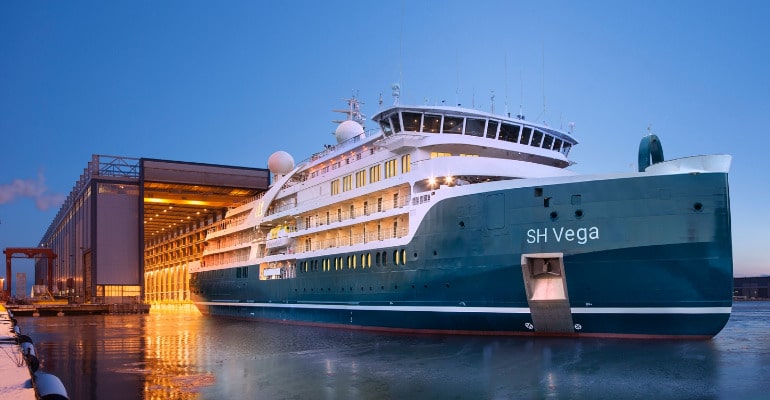
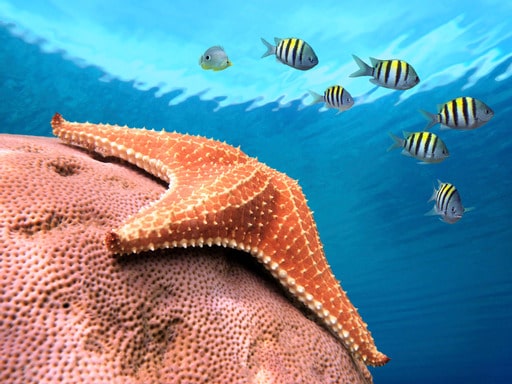
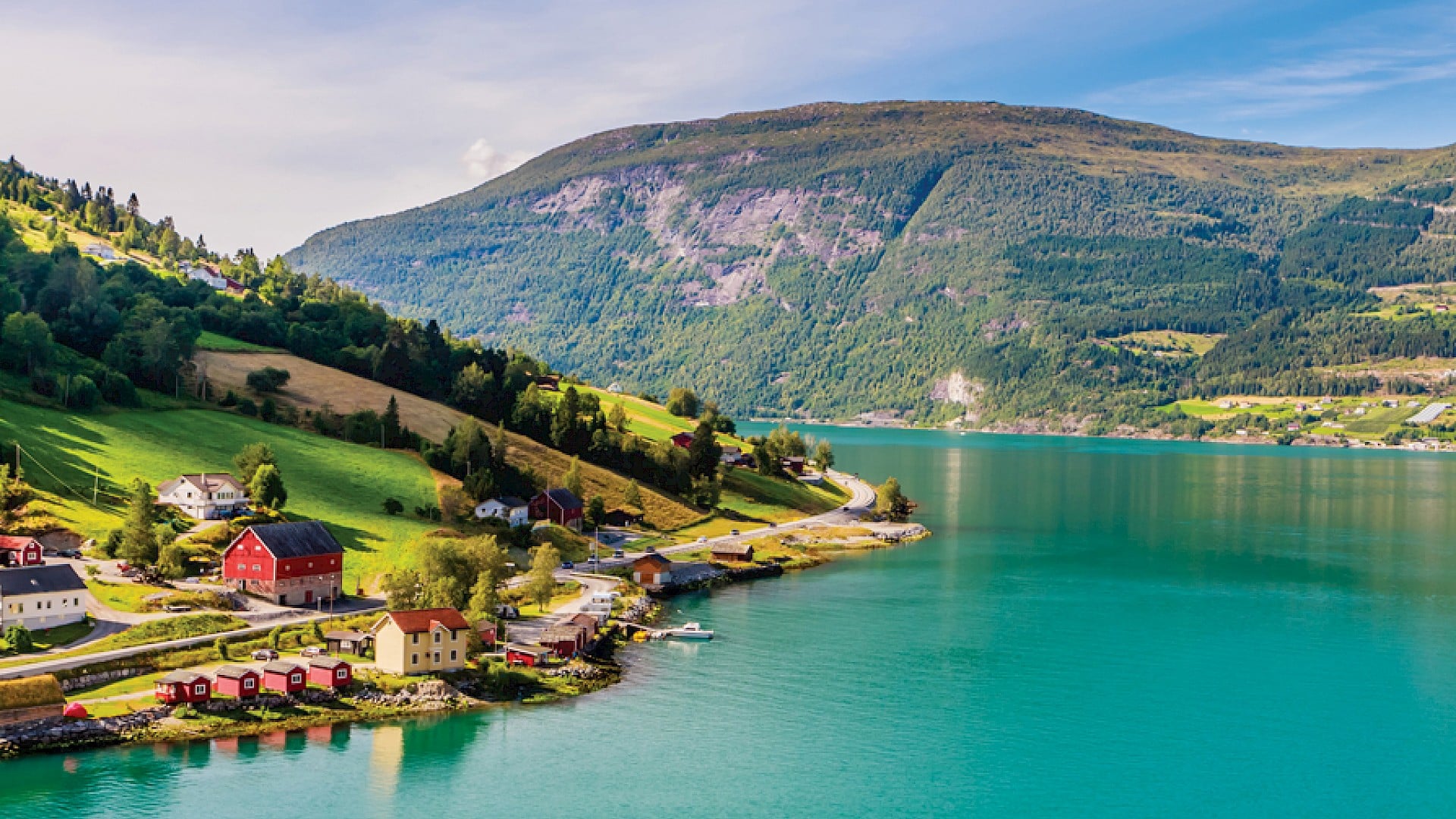
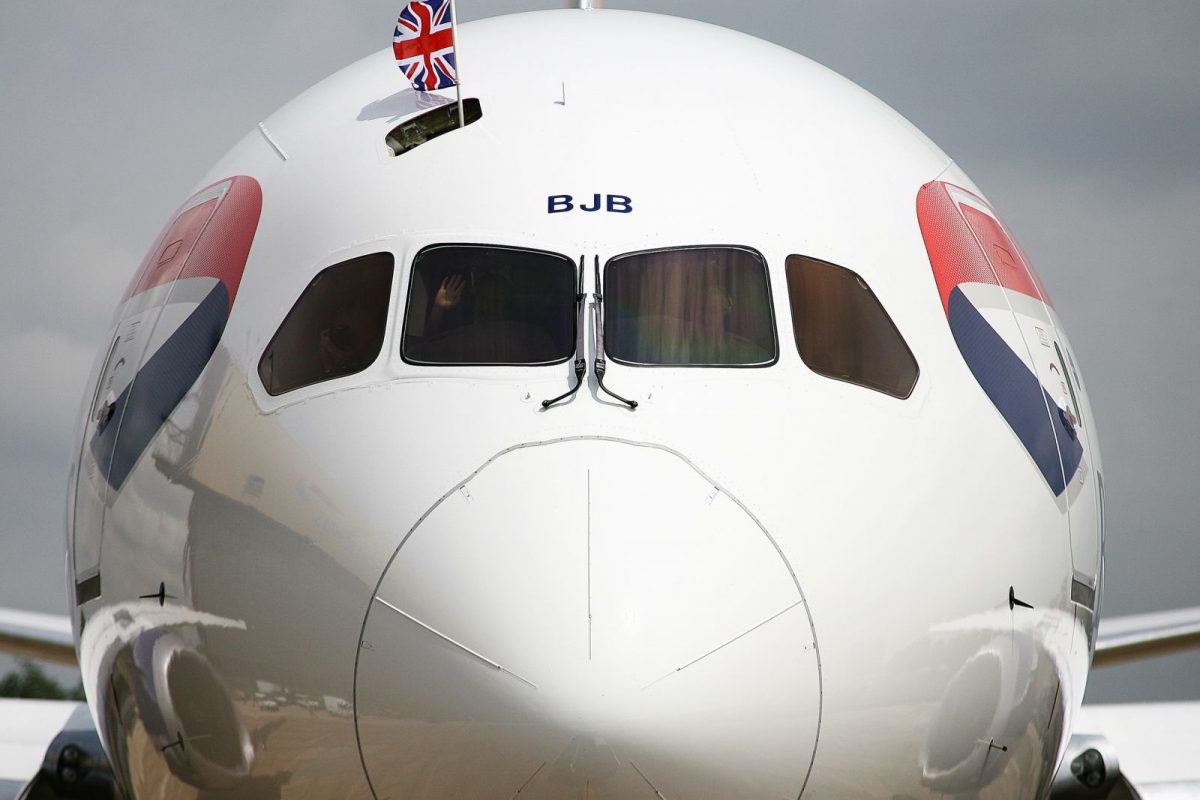


















Dozens of bodies recovered from DC river after midair collision
Quake warning in Santorini after hundreds of tremors
Cockpit tarantula causes flight delays
Trump Admin vows to end cruise tax loophole
EasyJet forced into flight emergency landing after pilot collapses